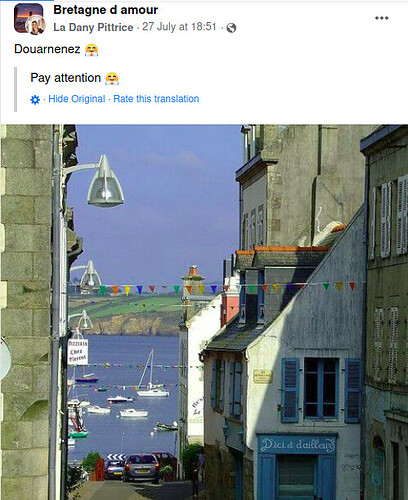One trick I learnt when searching for a French word was to think of alternatives in English - the shorter, more common English word is often of anglo-saxon origin, but the longer, more complex or obscure alternative is often from French, and similar in modern French (eg. look/regard, old/ancient, child/infant).
I assume the reason is that Norman French was the language of the ruling class in England for 300 years, and even now vocabulary of French origin sounds more educated or posh to the English ear (as with the famous food examples - pig/pork etc - the anglo-saxon peasant raised it, the French lord ate it).
The loss of most inflections in English by the way also took a very long time, and was well underway before the Norman conquest - probably originating in the fact that the previous northern Germanic setters lived closely together and spoke several languages with similar root words but different grammatical endings - so could communicate better without the endings. The Norman French invasion just added more impetus to an already well established trend.
